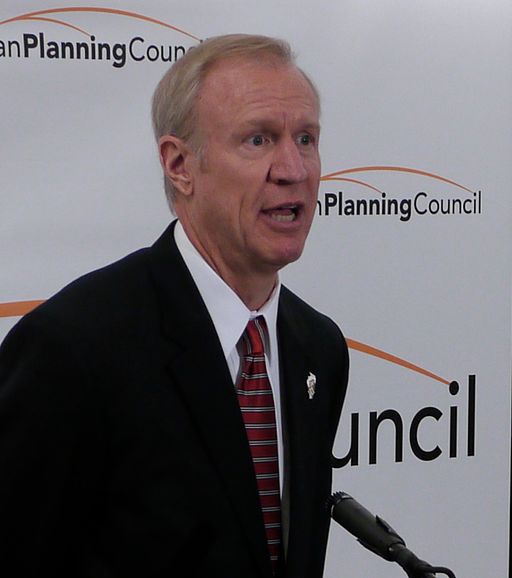Japan will appoint a private equity executive, Hiromichi Mizuno, to the newly created Chief Investment Officer post at the Government Pension Investment Fund, the largest public pension fund in the world.
Hiromichi Mizuno is a partner at private equity firm Coller Capital.
More details from the Wall Street Journal:
The appointment would put the 49-year-old from central Japan in control of the world’s biggest fund of its kind as it tries to boost returns with more aggressive investments.
Mr. Mizuno would be a big catch for the fund, which has struggled to attract outside talent because of low salaries and a small budget. Despite its size, the GPIF’s roughly 80 employees are squeezed into one floor of a 1970s office building in downtown Tokyo and most of its investments are managed by outside asset management firms.
Mr. Mizuno was educated in the U.S. and speaks fluent English, which addresses concerns of foreign investment firms that had trouble working with GPIF.
[…]
The GPIF is headed by its president, Takahiro Mitani, who has ultimate decision making power under the current law, but Mr. Mizuno would be de facto in charge of overseeing important investment decisions. Rather than make investments himself, Mr. Mizuno will spend more time choosing professional fund managers to oversee portions of the fund’s investments.
Mr. Mizuno joined the GPIF as an adviser and a member of its investment committee, an eight-member group that advises the fund part-time, in July. At a news conference last month, Mr. Mitani said described Mr. Mizuno’s expertise in private equity as “invaluable.”
The Government Pension Investment Fund manages $1.1 trillion in assets.
Photo by Ville Miettinen via Flickr CC License

